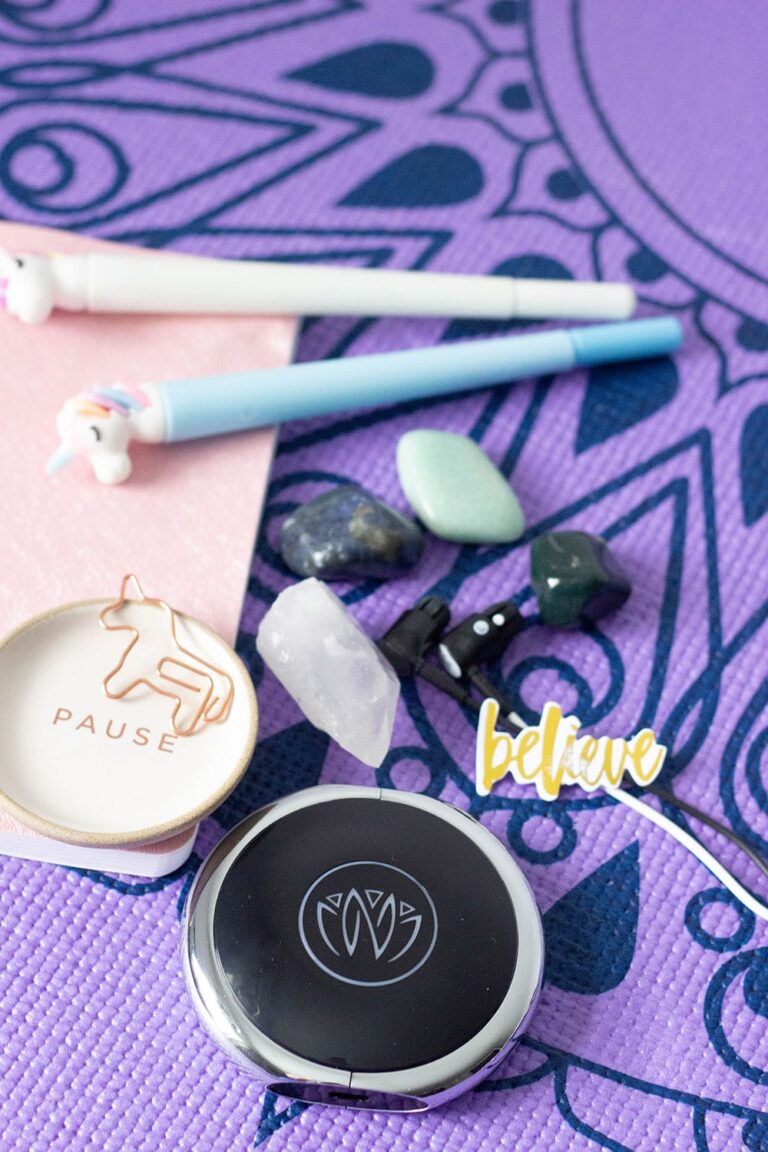The Role of Social Connection in Self-Care
Why Your Relationships Matter More Than You Think

Something remarkable happens when you prioritize the people around you in your self-care routine. Robust evidence documents social connection factors as independent predictors of mental and physical health, with some of the strongest evidence on mortality. We often think of self-care as a solo activity – bubble baths, meditation apps, or quiet walks alone. But here’s what researchers are discovering: the most powerful forms of self-care actually involve other people.
Loneliness is linked to an estimated 100 deaths every hour – more than 871 000 deaths annually. That’s not just a statistic – it’s a wake-up call about how disconnection literally shortens our lives. Your social relationships aren’t just nice to have; they’re as essential to your health as exercise or proper nutrition.
The Science Behind Social Self-Care

Recent research has blown apart our understanding of what makes us healthy and resilient. Adults who are more socially connected are healthier and live longer than their more isolated peers. This isn’t about being popular or having hundreds of Facebook friends. It’s about having meaningful connections that you can rely on when life gets tough.
Data indicate about one in four adults in America report experiencing loneliness. The pandemic made this worse, but the problem was brewing long before COVID-19 hit. Think about it – when was the last time you had a real conversation with someone who truly knows you? Not small talk about the weather, but the kind of exchange that leaves you feeling seen and understood.
How Isolation Sabotages Your Wellbeing

Loneliness doesn’t just make you feel sad – it wreaks havoc on your entire system. The association between loneliness or social isolation and food and eating behaviours shows how disconnection affects our most basic self-care practices. When we’re isolated, we’re more likely to skip meals, overeat, or reach for unhealthy comfort foods.
Social factors like a person’s home environment, community, relationships, employment status and more can affect a person’s mental health. Your mental state isn’t just about what’s happening inside your head. The quality of your relationships, whether you feel supported by your community, and how connected you are to others shapes your psychological wellbeing in profound ways.
Building Your Social Support Network

Creating meaningful connections doesn’t happen overnight, especially if you’ve been isolated for a while. Social relationships are consistently found to be an important determinant of our overall health and wellbeing. Understanding what communities and organisations can do to best support social relationships is less clear. The good news is that even small steps toward connection can have big impacts on your overall health.
Start where you are. If you’re working, make an effort to actually talk to your coworkers beyond just business. Join a community group, volunteer for a cause you care about, or simply make eye contact and smile at your neighbors. It is better to encourage local understanding and action. Sometimes the best connections happen right in your own backyard.
The Workplace Connection Factor

Your job isn’t just about earning a paycheck – it’s a major source of social connection for many people. Mental health initiatives are also surging in the UK and the Netherlands, with companies focusing on reducing isolation and providing platforms that allow employees to connect socially. In the United States, several organizations provide evidence-based guidance and tools to help organizations develop policies and strategies that foster social connection and address loneliness.
If you’re working from home or in an isolating job, you’re missing out on natural opportunities for connection. This isn’t about forced team-building exercises or awkward office parties. It’s about genuine human interaction that happens when people work together toward common goals and share the ups and downs of daily work life.
Community Spaces That Heal

The places where we live and spend time have a huge impact on our ability to connect with others. Housing characteristics of the neighbourhood were particularly important. For example, the number of newly built social housing units and the number of homes sold in a given year were important. This research reveals something fascinating: our wellbeing is tied not just to our own homes, but to the entire fabric of our neighborhoods.
Through the dialogues, we learned that wellbeing encompasses feeling safe, loved and fulfilled. Specific aspects such as relationships, trust, a sense of belonging, the environment, having one’s voice heard, feeling safe and financially secure, culture, sport, local facilities, faith, and the history, heritage and pride of a place are key considerations for wellbeing. Your self-care routine should include engaging with your local community, whether that’s shopping at local businesses, attending community events, or simply spending time in public spaces where you can encounter others.
Mental Health and Social Connection

The mental health crisis isn’t just about individual brain chemistry – it’s deeply connected to how isolated we’ve become. Nearly 60 million adults (23.08%) experienced a mental illness in the past year. Among other worrisome findings, nearly 13 million adults (5.04%) reported serious thoughts of suicide. These aren’t just numbers; they represent millions of people who are struggling, often in silence and isolation.
They think they should be able to handle their issues on their own (reported by 85%). Other common reasons include: worrying about what people will think if they get help; worrying about their privacy; thinking treatment won’t help; not knowing how to get care; and thinking no one would care if they got better. This reveals something crucial: many people avoid seeking help because they feel alone and unsupported. Building strong social connections can be a lifeline that makes it easier to reach out when you’re struggling.
Creating Rituals of Connection

Self-care doesn’t have to be solitary. Some of the most powerful self-care practices involve other people in meaningful ways. Think about shared meals, group exercise, book clubs, or regular phone calls with friends and family. These aren’t just social activities – they’re investments in your health and wellbeing.
Self-care can play a role in maintaining your mental health and help support your treatment and recovery if you have a mental illness. Self-care means taking the time to do things that help you live well and improve both your physical health and mental health. This includes making time for the relationships that nourish you and seeking out new connections when you need them.
Breaking the Isolation Cycle

When you’re feeling low or stressed, your instinct might be to withdraw from others. This is exactly when social connection becomes most crucial for your wellbeing. Studies show that social relationships have short- and long-term effects on health, for better and for worse, and that these effects emerge in childhood and cascade throughout life to foster cumulative advantage or disadvantage in health.
Breaking out of isolation requires intentional effort, especially when it feels easier to just stay home alone. Start small – send a text to check on a friend, attend one social event per week, or join an online community around a shared interest. The goal isn’t to become a social butterfly overnight, but to create regular touchpoints with other human beings who care about your wellbeing.
The Power of Giving and Receiving Support

True social connection isn’t just about having people to talk to when you’re struggling – it’s also about being someone others can rely on. Interventions to help people get the social and community support they need are critical for improving health and well-being. When you support others, you strengthen your own sense of purpose and belonging.
This could mean volunteering in your community, being there for a friend going through a difficult time, or simply offering a listening ear when someone needs it. At least 8.4 million people in the U.S. provide care to an adult with a mental or emotional health issue – caregiving is actually a form of social connection that, while challenging, can also be deeply meaningful and healing for both the caregiver and recipient.
Technology and Digital Connection

While face-to-face interaction is ideal, technology can also support meaningful connections when used thoughtfully. Thanks to digital technologies, we live in an era of unprecedented connectivity. Yet somehow, many of us feel more isolated than ever before. The key is using technology to enhance real relationships rather than replacing them.
Video calls with family, online communities centered around shared interests, and apps that help you connect with people in your local area can all be valuable tools for social self-care. The trick is to use these technologies as stepping stones to deeper connection, not as substitutes for authentic human interaction.
Your social connections aren’t a luxury – they’re a fundamental part of taking care of yourself. In a world that increasingly emphasizes individual achievement and self-reliance, choosing to prioritize relationships is actually a radical act of self-care. Social connection is widely acknowledged to be a fundamental human need, linked to higher well‐being, safety, resilience and prosperity, and to longer lifespan. The people in your life aren’t just nice to have around – they’re literally keeping you alive and helping you thrive. Isn’t it time you made them a bigger part of your self-care routine?






